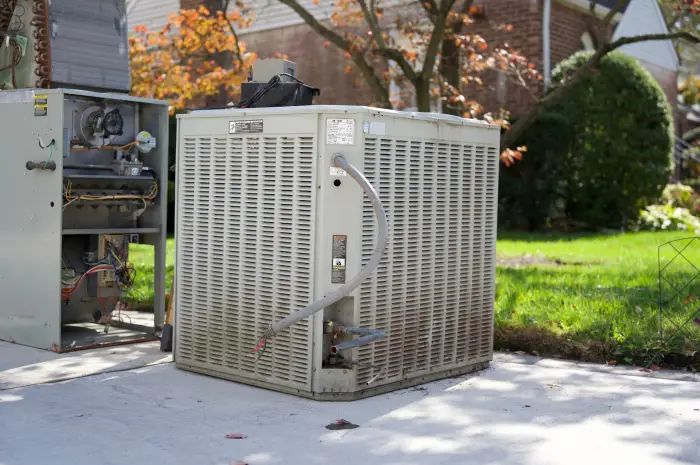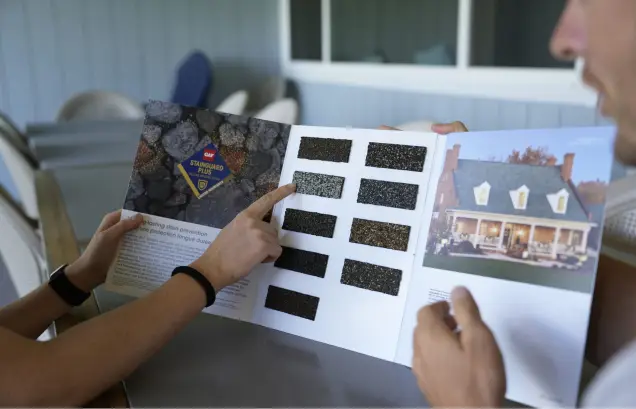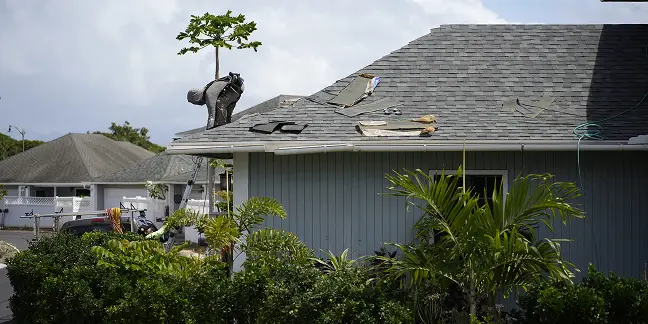The type of HVAC system you use is far from the only factor that influences your HVAC system’s energy efficiency. Regularly replacing your HVAC filter also plays a big role in creating an energy efficient home and a comfortable environment. When your filter is clean, your system can run smoothly, using less energy and saving you money.
But how often should you replace your HVAC filter to keep your system functioning in top condition? Generally, you should replace your HVAC filter every 30 to 90 days, but recommended frequency varies based on a variety of factors that we will discuss today.
What Influences How Often I Should Replace My HVAC Filter?
Filter Type
The type of HVAC filter you use can significantly impact how often it needs to be replaced.
- Fiberglass Filters: These are affordable, but they have lower filtration capabilities. They should be replaced every 30 days.
- Pleated Filters: The grooves in pleated filters do better at trapping small particles. They should be replaced every 60-90 days.
- High-Efficiency Filters: High-efficiency filters can last up to 6 months, but check it monthly to make sure it’s still working properly.
Household & Lifestyle
There’s all kinds of houses and families. Household factors do impact what the best practices are for your HVAC filter.
- Smoking: Households with smokers should replace the filter every 30 days.
- Pets: You need to replace your filter more often if you have pets, especially if your pet sheds a lot. Pet hair and dander can clog filters.
- Allergies & Respiratory Issues: If anyone in your family has allergies or respiratory problems, you should replace your filters more often to maintain good indoor air quality and prevent worsening symptoms.
System Usage
The more you use your HVAC system, the quicker your filter wears out. If you’re living in an area with extreme weather and heavily relying on your HVAC system, you should plan to replace your filter more frequently to keep your system functioning efficiently.
Air Quality
Poor air quality outdoors can translate into poor air quality indoors, putting a strain on your filter. If you’re living in a city with high air pollution levels, near a forest fire, or by a construction site, you should increase how often you replace your HVAC filter.
Replacing Your HVAC Filter is Key to Energy Efficiency
Don’t make the mistake of overlooking replacing your HVAC filter. When your filter is dirty, your system’s energy efficiency suffers. Here is how a clean filter can improve your system’s performance:
Better Airflow
Dirty, clogged filters restrict airflow. This forces your HVAC to work harder, increasing the energy required to heat or cool your home. Clean air filters let air flow freely, allowing your system to operate efficiently and consume less energy.
Avoid Overworking Your HVAC
When an HVAC filter is dirty, the system has to work overtime to keep your indoor environment at a comfortable temperature. This added strain accelerates wear and tear to your whole HVAC system. With time, this can lead to the need for expensive repairs or early system replacement. Keeping your air filter clean extends the lifespan of your HVAC.
Reduces Energy Bills
When the system struggles to push air through a clogged filter, it has to use more energy. More energy used means higher energy bills. Replacing your filter regularly leads to more affordable energy bills.
Better Indoor Air Quality
Clean filters can capture more dust, dirt, and other airborne particles, taking them out of the air. This leads to better indoor air quality.
Signs That It’s Time to Replace Your HVAC Filter
In addition to the age of your air filter, here are some other signs that tell you it might be time to replace your filter:
- Excessive dust in your home
- Reduced airflow
- Higher energy bills
- Increased allergy symptoms
Attyx’s HVAC Installation Services
Even when you’re staying on top of important HVAC maintenance like replacing your filter, your HVAC will wear down and need to be replaced eventually. When that time comes, turn to the HVAC installation professionals at Attyx.





